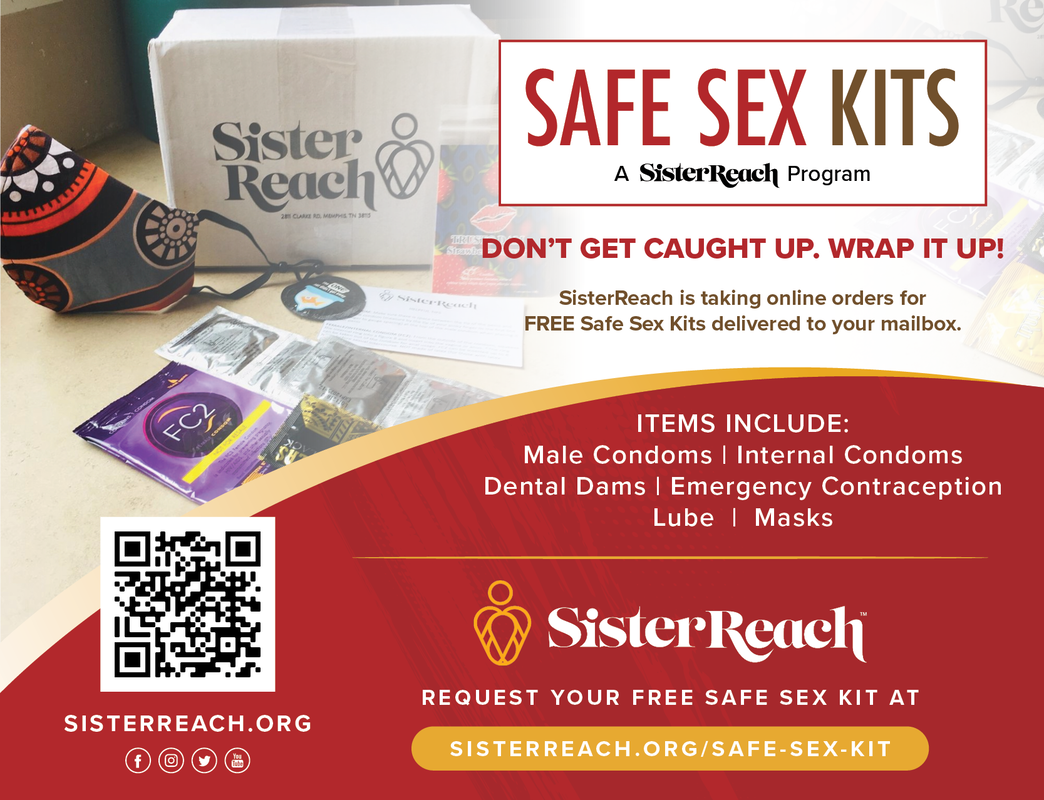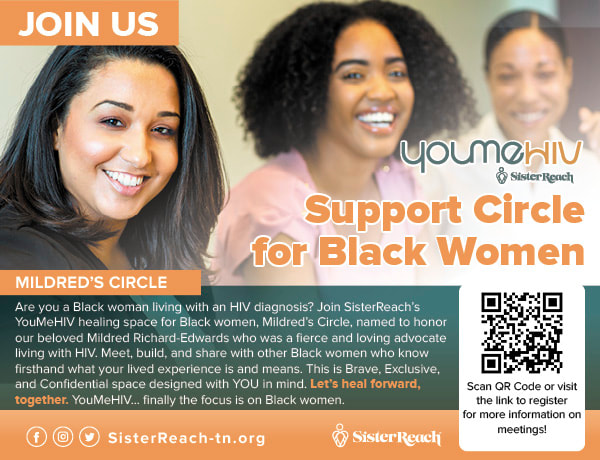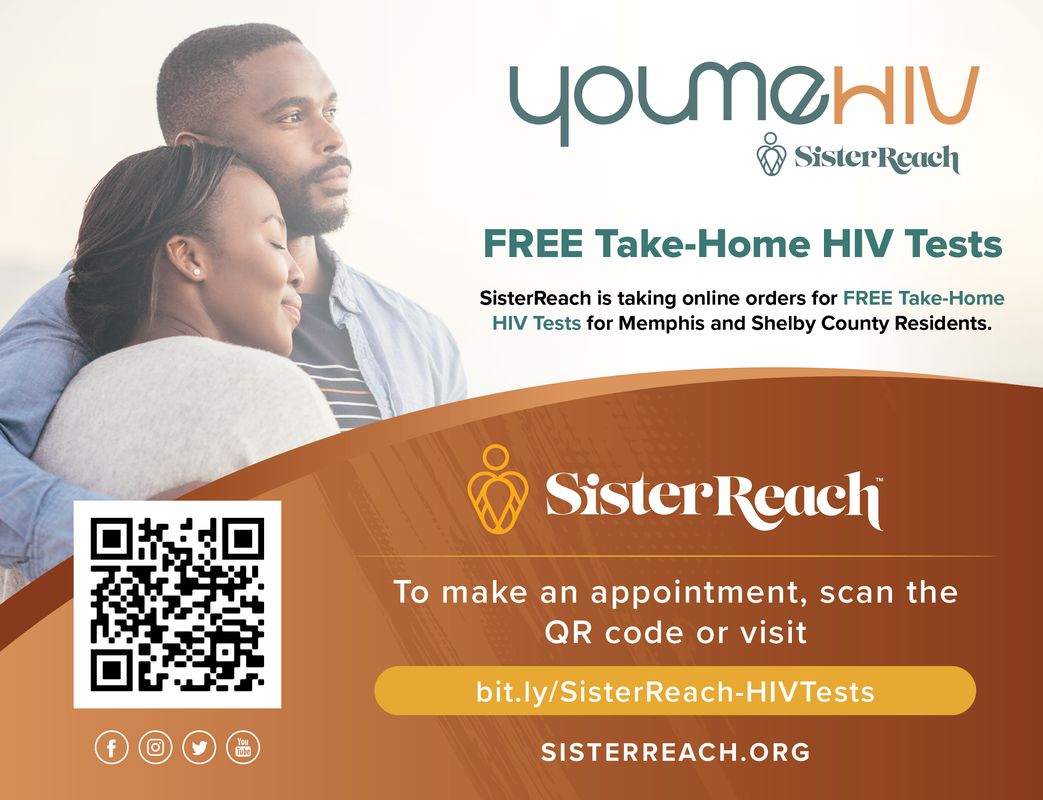|
|
WHAT IS HIV?
HIV (Human Immunodeficiency Virus) is the virus that causes HIV and Acquired Immune Deficiency Syndrome (AIDS). AIDS is the most advanced stage of HIV. HIV severely damages the body's immune system, particularly T helper cells, a type of white cell vital to fighting infection. The immune system becomes impaired creating a difficulty fighting other diseases and opportunistic illnesses.
HIV can be transmitted through sexual contact, contaminated needles or syringes, contaminated blood products, and vertical transmission during pregnancy, the birth process, or breast milk.
The only way to know for sure whether you have HIV is to get tested regularly (every 6 months) regardless of sexual orientation, marital status, or age. Knowing your HIV status helps you make healthy decisions to prevent in the contraction and transmission of
this virus.
HIV can be transmitted through sexual contact, contaminated needles or syringes, contaminated blood products, and vertical transmission during pregnancy, the birth process, or breast milk.
The only way to know for sure whether you have HIV is to get tested regularly (every 6 months) regardless of sexual orientation, marital status, or age. Knowing your HIV status helps you make healthy decisions to prevent in the contraction and transmission of
this virus.
DID YOU KNOW?
In the U.S.,the Black community is 13% of the population but make up 42% of all new HIV diagnoses each year (2018). |
Approximately 1 in 7 people areHIV positive and are unaware of their status. |
EVERY 35
|
At some point in
|
Black women are almost 18 timesmore likely to die from complications from HIV and AIDS as non-Hispanic white women. |
Among all women,Black women account for the largest share of new HIV diagnoses (58% in 2018), and their rate of new diagnoses is 14 times the rate among white women and almost 5 times the rate among Latina women. |
Black women are most likely to have contracted HIVthrough heterosexual transmission, the most common transmission route for women overall. Black women are LESS likely to acquire this virus through injection drug use than white women. |
In the metro Memphis area,for every 14 women diagnosed with HIV 13 of those women will be Black. Meaning that Black women account for 93% of all women diagnosed with HIV in our city. |
SOURCES:
https://www.cdc.gov/hiv/group/gender/women/index.html
https://www.cdc.gov/hiv/group/racialethnic/africanamericans/index.html
https://www.cdc.gov/hiv/pdf/group/racialethnic/africanamericans/cdc-hiv-africanamericans.pdf?s
https://www.nbcnews.com/health/womens-health/hiv-hits-black-women-hardest-cdc-report-says-n1003891
https://www.cdc.gov/hiv/pdf/library/reports/surveillance/cdc-hiv-surveillance-supplemental-report-vol-25-1.pdf
https://www.wmcactionnews5.com/2018/12/19/memphis-among-top-cities-high-hiv-rates/
https://www.nbcnews.com/health/womens-health/hiv-hits-black-women-hardest-cdc-report-says-n1003891
https://www.cdc.gov/hiv/group/racialethnic/africanamericans/index.html
https://www.cdc.gov/hiv/pdf/group/racialethnic/africanamericans/cdc-hiv-africanamericans.pdf?s
https://www.nbcnews.com/health/womens-health/hiv-hits-black-women-hardest-cdc-report-says-n1003891
https://www.cdc.gov/hiv/pdf/library/reports/surveillance/cdc-hiv-surveillance-supplemental-report-vol-25-1.pdf
https://www.wmcactionnews5.com/2018/12/19/memphis-among-top-cities-high-hiv-rates/
https://www.nbcnews.com/health/womens-health/hiv-hits-black-women-hardest-cdc-report-says-n1003891
WHAT CAN YOU DO?1. Commit to getting tested every 6 months, regardless of age, marital status, and sexual orientation. Free and confidential HIV testing is available at SisterReach. Call 901-614-9906 to schedule an appointment.
2. Share the campaign on your social media platforms. Tag @SisterReach and use the hashtags #YouMeHIV #BlackWomenAndHIVMemphis 3. Sign up to be added to our mailing list to ensure you are a part of the ongoing conversation about ending the epidemic. 4. Vote your values to ensure the health and wellness needs of Black women navigating HIV are represented in the 2020 presidential election and beyond. 5. Donate to support intervention and prevention programming, to further campaigns to eradicate stigma and to ensure these underrepresented Black women are continuously centered in HIV focused campaigns and marketing efforts. |
OUR STORIES
|
|
|
|
Ladeia Joyce McNeal, MBA
disruptHER and Founder, The Positive Experience |
Ricky Edwards
|
|
|
|
|
Miajenell Peake, MPH, CHES, CD (DONA)
|
Mildred Richard-Edwards
Founder, I Am My SiStar |
|
|
|
|
Nikia Grayson
Director, Midwifery CHOICES Memphis Center for Reproductive Health |
Elise Saulsberry
Deputy Director, SisterReach |
Cherisse Scott
Founder and CEO, SisterReach
Founder and CEO, SisterReach
The History of this campaign
In 2020, SisterReach and The Positive Experience, a local HIV education and advocacy organization, partnered together leveraging our respective expertise and lived experiences as Black women in a collaborative effort to bring visibility, awareness and culture change to a neglected client population among the HIV sector - Black cis-gendered women. SisterReach coordinated this partnership not only to raise consciousness and awareness about the disparities cis-gendered Black women in Memphis navigate surrounding lack of treatment, intention, intervention and prevention of HIV and AIDS, but also to bring broader visibility to work of The Positive Experience and the leadership of LáDeia Joyce as an unapologetic and necessary advocate for her own life and those who are also impacted by HIV. Since we launched this campaign, both organizations continue their work individually and continue to partner and support the endeavors of the other. And SisterReach shifted the YouMeHIV campaign work into a harm reduction program. Ms. Joyce has continued her work launching Sister to Sister, a local support group funded by the Black Women's Health Imperative for Black women living with HIV. Her support group meets at SisterReach's offices. We will forever be grateful for such a great partnership and appreciate Ms. Joyce's courage and trust in helping SisterReach forward our HIV direct service and advocacy centering Black women.
SisterReach, founded October 2011, is a Memphis-based grassroots 501(c)3 nonprofit supporting the reproductive autonomy of women and teens of color, poor and rural women, LGBT+ and GNC folx, and their families through the framework of Reproductive Justice. Our mission is to empower our base to lead healthy lives, raise healthy families and live in healthy and sustainable communities. We work from a 4-pronged strategy of education, policy & advocacy, culture shift and harm reduction. The framework of reproductive justice was created by Black women to center those who are most negatively impacted by any reproductive or sexual health issue, action or oppression, and to elevate the visibility and leadership of those who have the lived experience.
SisterReach, founded October 2011, is a Memphis-based grassroots 501(c)3 nonprofit supporting the reproductive autonomy of women and teens of color, poor and rural women, LGBT+ and GNC folx, and their families through the framework of Reproductive Justice. Our mission is to empower our base to lead healthy lives, raise healthy families and live in healthy and sustainable communities. We work from a 4-pronged strategy of education, policy & advocacy, culture shift and harm reduction. The framework of reproductive justice was created by Black women to center those who are most negatively impacted by any reproductive or sexual health issue, action or oppression, and to elevate the visibility and leadership of those who have the lived experience.






